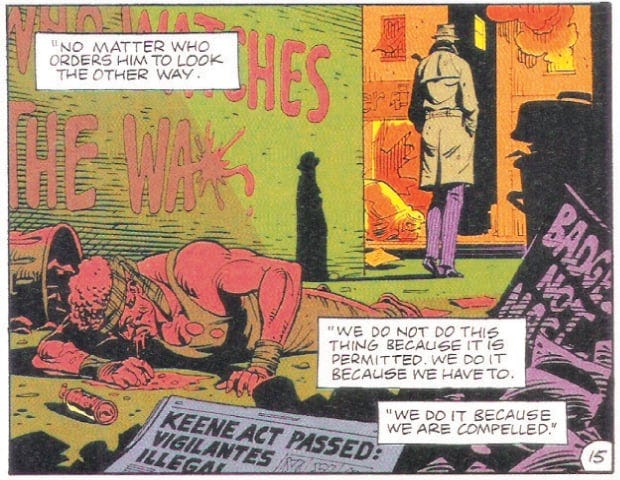Member-only story
“Who Watches Superheroes?” Syllabus
Over the past few days, I’ve had to pull together a literature and composition course for the fall semester. As I thought about the course, I moved from Appalachian literature with writers such as Crystal Wilkinson, David Joy, and S.A. Cosby to mystery novels with Cosby and others to my already planned “The Reverberations of World War II” syllabus for a more introductory course. However, the more I thought about it, I decided to do a course on superheroes, hopefully making the reader a little more enjoyable for students and providing them with ways to critically engage with literature and popular culture.
When I first started thinking about this framing, I thought about doing Don McGregor’s then parts of Christopher Priest’s Black Panther runs, some Luke Cage, some Captain America, and other series from the big two. The more I thought about this, the course became more unwieldy because with so much to pull from I didn’t know where to focus. This led me to look at my shelf and see John Ridley and George Jeanty’s The American Dream, a series that critiques superheroes themselves as well as critiquing society and politics. With that, I decided to focus the course on similar series, stretching back to Alan Moore and Dave Gibbon’s Watchmen and into the present with Chip Zdarsky and Daniel Acuna’s Avengers: Twilight.

Quis custodiet ipsos custodes?
Overview:
Superheroes are as American as apple pie and baseball. Superman, Batman, Captain America, and others all arose out of mid-twentieth century America as creators such as Jerry Siegel and Joel Schuster (Superman), Bob Kane and Bill Finger (Batman), and Jack Kirby and Joe Simon (Captain America) dealt with issues of modernity, xenophobia, classism, fascism, and more. Over the years, superheroes have spread across our zeitgeist, both nationally and globally, spanning billion dollar enterprises in films and streaming series. Everyday we encounter images of superheroes on clothing, in advertisements, on our screens, on bumper stickers, and elsewhere.
The role of the superhero is to, as Peter Coogan puts it, to be “pro-social and selfless, which means that…
